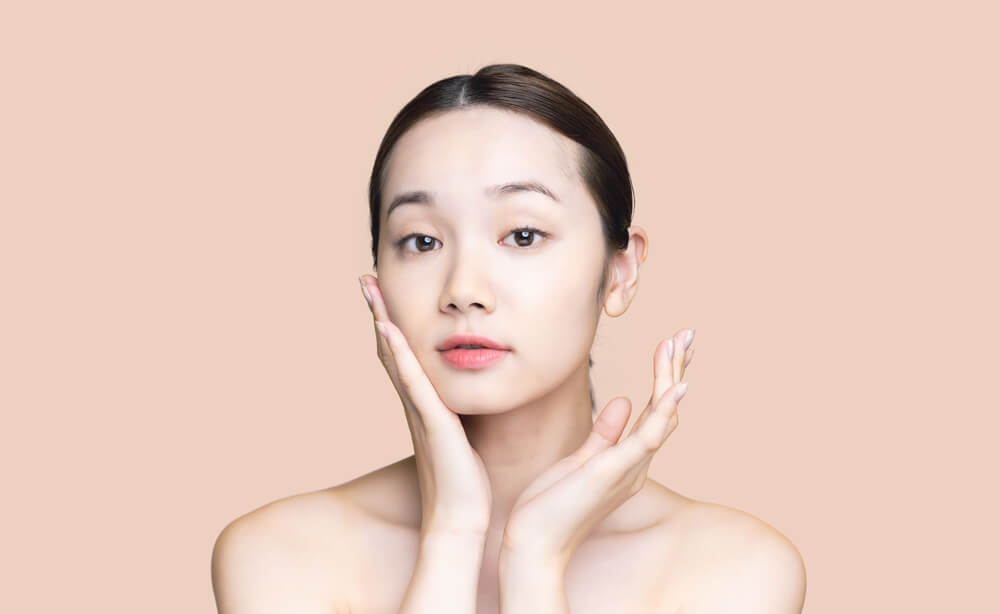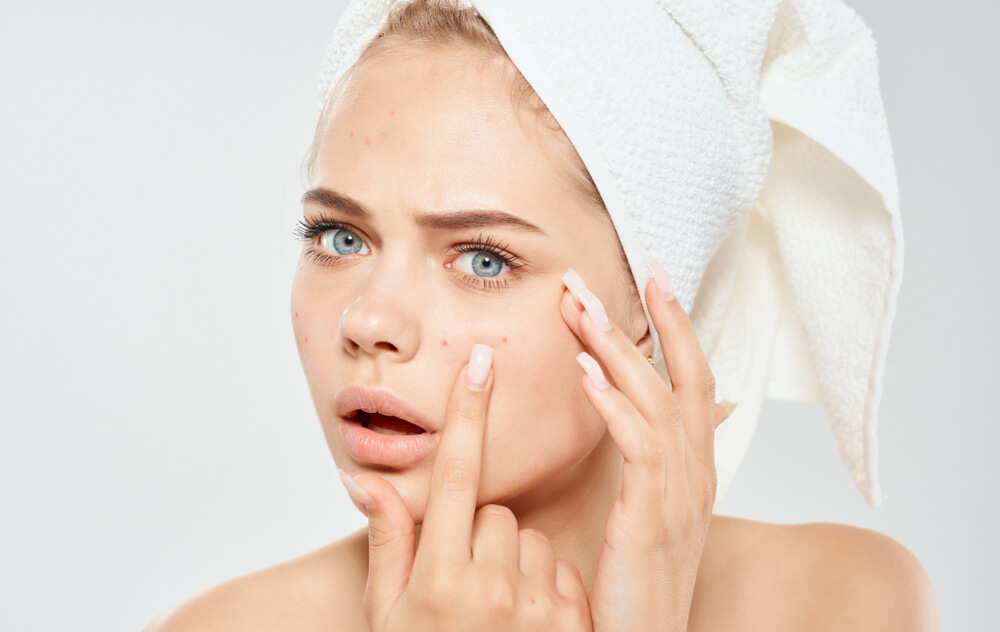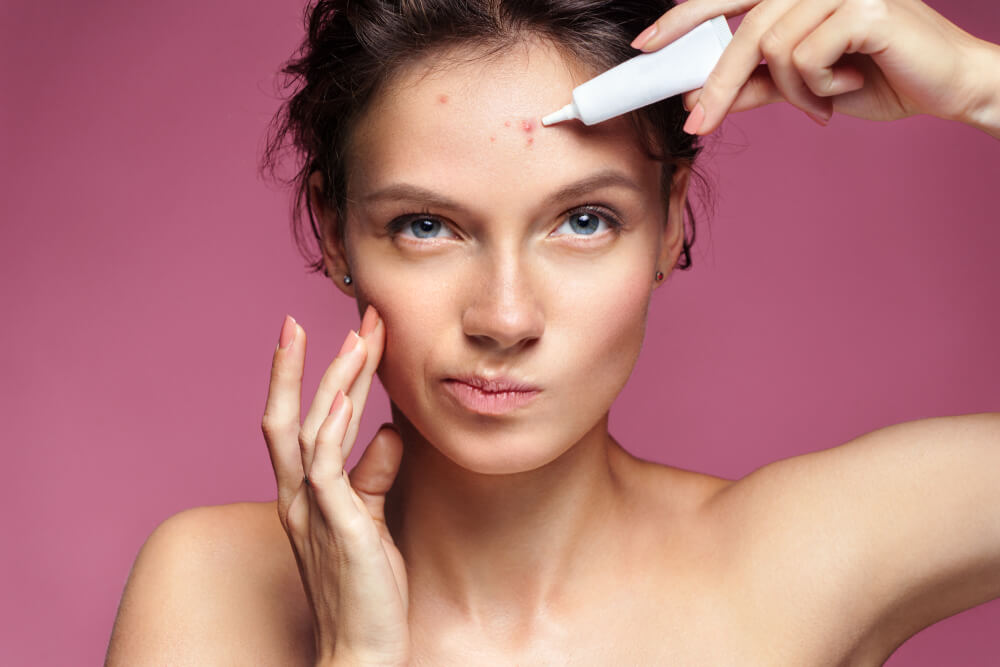Acne is a common skin condition that many teenagers and adults face. It can be an indicator of a hormonal imbalance, stress, diet, or a reaction to new medication. While acne is uncomfortable and can negatively impact the way you see yourself, it doesn’t have to be permanent. Reducing stress, using correct skincare, and using antibiotics for acne are just some of the possible treatment plans.
This guide will help you understand your acne and its causes better and how to reduce and treat it completely.
Are There Different Types of Acne?

Yes, there are different types of acne, and knowing what’s going on with your skin will help you find the proper treatment. The two main types of acne are comedonal and inflammatory. The first type happens due to your pores getting clogged. The first type is very common and can be divided into micro-comedones, open comedones, and closed comedones.
Micro-comedones are actually just clogged hair follicles or pores in the skin. You may be more familiar with the terms blackheads and whiteheads instead of open and closed comedones. The reason behind these names is that blackheads are at the skin’s surface, so the oxygen gives them their black color. On the other hand, closed comedones stay beneath the skin, making them white or flesh-colored.
Inflammatory acne is the more annoying form that can be harder to get rid of. It typically looks red and can even be filled with pus. This kind of acne happens because of excess oil production or the growth of P-acne bacteria.
When debris isn’t cleaned out of the pores, and when it mixes with the aforementioned bacteria present in the skin, an infection can occur. Redness, visible swelling, and pus are the most common symptoms.
The subcategories of inflammatory acne include papules (red bumps), pustules (zits), nodules (painful and large lesions), and cysts (deep and pus-filled lesions). The last two types are indicators of severe inflammatory acne.
Does Fungal Acne Treatment Work?
This kind of treatment only works if you have fungal acne. This type of acne is different from what we’ve already mentioned, as it happens due to yeast overgrowth instead of occurring because of excess oil and bacteria production. In fact, yeast typically feeds on antibiotics. Therefore, antibiotics for acne of this type will prove ineffective.
To determine if you really have fungal acne, think about what you’ve used to treat it before, the symptoms you have, and how long you’ve had it. Experts like Dr. Jason Green can help you with the proper diagnosis and prescribe the correct treatment to prevent this fungi infection.
Fungal acne treatment comes down to paying even more attention to your hygiene, wearing loose clothing, and using topical creams and ointments. The right doctor can also prescribe an oral antifungal medicine.
Should I Go for Acne Laser Treatment?
While this form of treatment won’t solve your infection, it can be very helpful for acne scars. The way it works is that the laser removes the top layer of the skin where the scar has formed, thus making the skin smoother.
However, acne laser treatment doesn’t end here. After the scar tissue is broken, the heat and light stimulate new skin cell growth. Because blood flow is drawn to the area that’s being treated, inflammation is also reduced.
Our dermatologist in Deerfield Beach uses the newest technologies and methods, so you can get the best results with your laser treatment. Not only will the scars be less visible, but the treatment can also encourage long-term healing.
What Is Good Acne Vulgaris Medication?
Acne vulgaris is the most common form of acne that can affect the face, chest, and back. Hormonal agents, isotretinoin, topical creams, and systemic antibiotics for acne of this kind are all possible treatment options.
Before recommending more serious treatment options, your doctor will usually suggest topical ointments with benzoyl peroxide as the first line of treatment. This can help determine how severe the acne vulgaris case is and if more serious treatment is needed.
Next, birth control has proven to be a good acne vulgaris medication for women. Estrogen can reduce inflammatory acne, especially if it’s combined with spironolactone. Other forms of hormonal treatment include corticosteroids, but starting with a low dose is recommended.
If standard acne vulgaris medication just doesn’t cut it, it may be because you have severe nodular acne. In that case, your doctor can recommend oral isotretinoin, which has proven beneficial for both inflammation and scar reduction.
Other Types of Acne Treatment
The best way to treat acne is by listening to trained professionals and following protocols prescribed by a physician. However, if you think your situation isn’t as severe, or if you would prefer handling this at home, not taking antibiotics for acne, there are some homemade solutions you can try.
One option is using apple cider vinegar. Namely, it can work as a solid fungal acne treatment because of the citric acid it contains and its ability to fight bacteria and fungi.
Mixing 3 parts water with 1 part apple cider vinegar, dabbing it on your skin with a cotton ball, and letting it sit for 15 seconds might do the trick.
Honey and cinnamon also have antibacterial and anti-inflammatory properties. First, mix a teaspoon of cinnamon and 2 tablespoons of honey into a paste. Then, apply the mixture to your face, and leave it for 15 minutes before rinsing it off.
How to Clear Acne on Your Own

The battle with acne can be long and hard, but you can still try to take better care of your skin before you decide to visit the dermatologist and try out things like acne laser treatment. Learning how to clear acne by yourself comes down to making some lifestyle changes and understanding your acne better.
Many products marketed to be the answer on how to clear acne can actually make it worse. The first thing people usually try is using over-the-counter medication. While this can be beneficial, it can also be quite a gamble. If you choose this option, research the products well or ask your doctor for a recommendation best for your skin.
Other lifestyle changes include making your diet cleaner, lowering your stress levels, and developing a daily skincare routine. Monitor your diet closely, and you’ll be able to find personal breakout triggers. Carbohydrates, sugar, and greasy food should be avoided as they tend to cause acne outbreaks.
Stress can affect our body differently, so you may notice your acne flaring up after a particularly stressful event or day. As far as the skincare routine is concerned, you should focus on cleaning all areas where your acne appears, not just your face.
Conclusion
Acne treatment is possible regardless of how bad your acne is. Our dermatologists have the knowledge, skills, and experience to give anyone the right treatment and diagnosis and treat anyone over the age of two.
Have you or your child been battling acne for a while? Did you find this article helpful? Share your acne story and feedback by calling us at 954-481-0650. We’ll be glad to hear from you.


